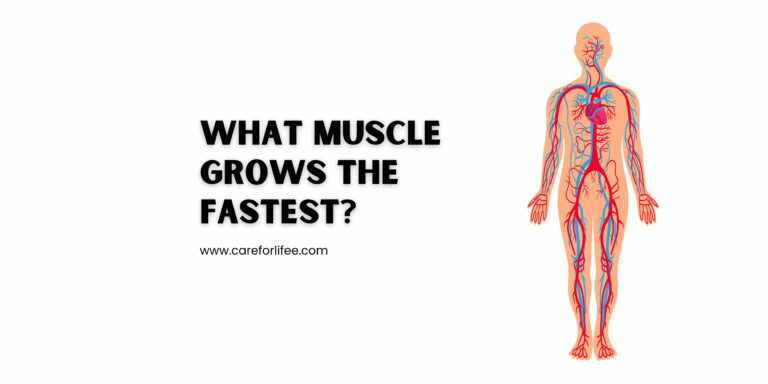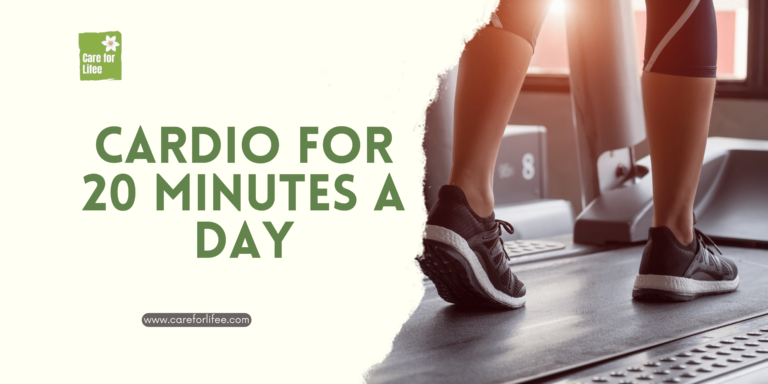Can You Gain Muscle on Keto Without Exercise
Gaining significant muscle on the ketogenic diet without exercise is challenging, and exercise is generally necessary for significant muscle growth.
The ketogenic diet has gained significant popularity for its effectiveness in weight loss and improving metabolic health. However, when it comes to building muscle, exercise has always been considered a crucial component. But is it possible to gain muscle on the keto diet without exercise? In this article, we’ll delve into the possibilities and explore the relationship between the ketogenic diet and muscle growth.
Understanding the Ketogenic Diet
Definition of the ketogenic diet
The ketogenic diet, often referred to as keto, is a low-carbohydrate, high-fat diet that aims to shift the body into a state of ketosis. This metabolic state occurs when carbohydrate intake is drastically reduced, and the body starts using fat as its primary fuel source.
How the keto diet affects the body’s metabolism and energy source
By consuming high amounts of healthy fats, moderate protein, and minimal carbohydrates, the body enters ketosis, which can result in weight loss and increased fat burning.
Benefits and drawbacks of the keto diet for weight loss and overall health
The ketogenic diet has been shown to have several benefits, such as weight loss, improved insulin sensitivity, and increased satiety. However, it also comes with potential drawbacks, including nutrient deficiencies and the “keto flu” during the initial adaptation phase.
Muscle Growth and Exercise
Importance of exercise for muscle growth
Exercise has long been recognized as a vital factor in muscle growth. Engaging in resistance training, such as weightlifting, stimulates muscle fibers, causing them to adapt and grow stronger.
Overview of different types of exercise and their impact on muscle hypertrophy
Different types of exercise, including resistance training, aerobic exercise, and high-intensity interval training (HIIT), have varying effects on muscle hypertrophy. Resistance training, in particular, is known for its ability to promote muscle growth.
Role of resistance training and progressive overload in stimulating muscle growth
Resistance training involves challenging the muscles by lifting weights or using resistance machines. Through progressive overload, where the intensity or volume of training is gradually increased, muscle growth and strength gains can be achieved.
Explanation of the anabolic response to exercise and its influence on muscle protein synthesis
Exercise triggers an anabolic response in the body, promoting muscle protein synthesis and the repair of damaged muscle tissue. This process is essential for muscle growth.
The Role of Nutrition in Muscle Growth
Macronutrient requirements for muscle gain
To support muscle growth, proper nutrition is crucial. Adequate protein intake is essential as it provides the necessary amino acids for muscle repair and growth.
Significance of protein intake for muscle protein synthesis
Protein is the building block of muscles, and consuming enough protein is crucial for stimulating muscle protein synthesis and supporting muscle growth.
Role of carbohydrates in providing energy for high-intensity workouts
Carbohydrates, particularly in the form of glycogen, serve as an energy source during high-intensity workouts. They provide the fuel necessary for intense exercise sessions.
Relationship between calorie surplus and muscle growth
To gain muscle, a calorie surplus is often required. Consuming more calories than your body needs provides the energy necessary for muscle growth and repair.
Muscle Growth on the Ketogenic Diet
Examination of studies and evidence regarding muscle gain on keto without exercise
While the keto diet is not traditionally associated with muscle building, there are limited studies exploring the potential for muscle growth on the ketogenic diet without exercise. Some evidence suggests that muscle maintenance or limited muscle growth may be possible.
Discussion of factors that may influence muscle growth on keto
Various factors can influence muscle growth on the keto diet, including protein intake, calorie balance, and individual genetic factors.
Role of protein intake on the keto diet for muscle maintenance and repair
On the keto diet, protein intake becomes even more critical for maintaining muscle mass. Adequate protein consumption supports muscle maintenance and repair.
Possible limitations and challenges of gaining muscle on keto without exercise
While some individuals may experience muscle maintenance or limited muscle growth on the ketogenic diet without exercise, significant muscle hypertrophy generally requires resistance training and a comprehensive fitness regimen.
Practical Tips for Muscle Growth on Keto without Exercise
Importance of setting realistic expectations
Understanding that gaining significant muscle mass without exercise is challenging and that any muscle gain may be minimal compared to a well-rounded fitness routine.
Incorporating low-impact exercises for maintaining muscle tone and strength
Engaging in low-impact exercises like yoga, Pilates, or bodyweight exercises can help maintain muscle tone, flexibility, and strength.
Optimal strategies for protein intake and timing on the keto diet
Distributing protein intake evenly throughout the day supports muscle protein synthesis and maximizes muscle repair.
Ensuring proper recovery and sleep for muscle repair
Adequate rest and quality sleep are essential for muscle recovery and growth. Prioritize sleep and manage stress levels to support optimal muscle repair.
Conclusion
While it may be possible to maintain or experience limited muscle growth on the ketogenic diet without exercise, significant muscle hypertrophy typically requires resistance training and a well-rounded fitness regimen. The ketogenic diet can be effective for weight loss and improving overall health, but if your goal is to build substantial muscle mass, incorporating exercise into your routine is highly recommended. Consult with a healthcare professional or registered dietitian before making any significant changes to your diet or exercise routine. They can provide personalized guidance based on your specific goals and needs.







